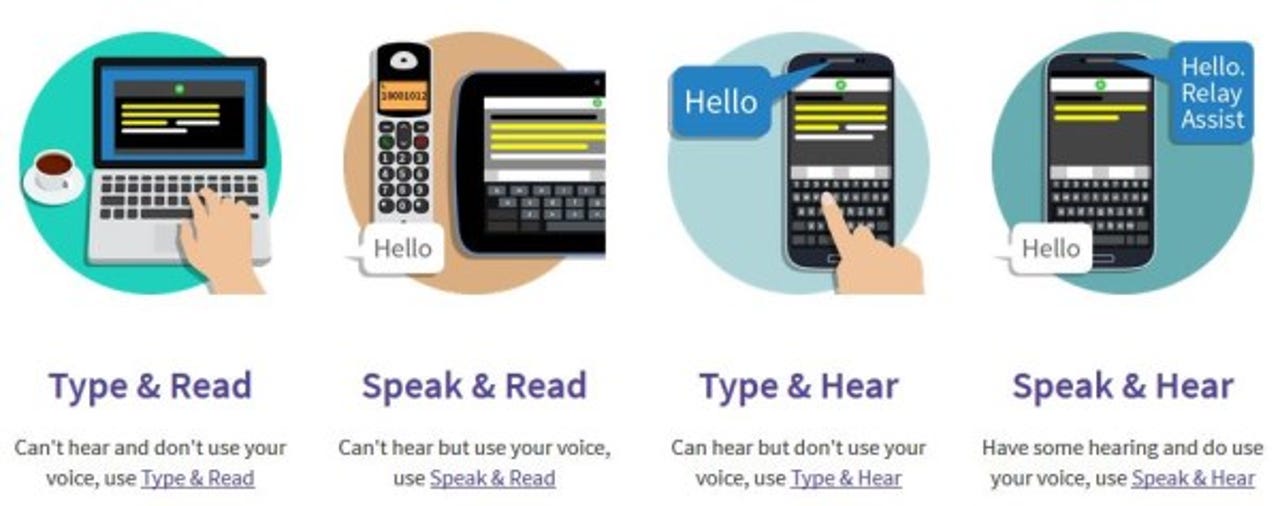Next Generation Text Relay service launched in the UK


BT finally launched its Next Generation Text Relay service in the UK today, Monday, to make it easier for people with hearing and speech impairments to make phone calls. The new service enables users to send and receive text over a computer link — a PC, or a free app for Apple iOS and Android 4 tablets and smartphones — while talking on a mobile phone or landline connection.
BT says: "Users can link a TextNumber, which looks like a standard phone number, to their home, work or mobile number so that when someone dials the TextNumber the call is automatically connected to the NGT service without the need for a caller to dial a special prefix."
Like the original Text Relay, NGT uses relay assistants (ie people) to convert speech to text or vice versa, rather than computer-based converters. However, NGT users can also make direct text-to-text calls.
NGT does not require a textphone, but people who already use a BT Textphone, Minicom, TextLink, Uniphone etc can still use the service. Also, Text Relay users who don’t want to change can continue to use the 18002 prefix
BT has been running NGT trials since March, to meet an Ofcom deadline that said a next-generation service should be provided "by no later than 18 April 2014". The launch was delayed after tests revealed "a problem with the quality of emergency calls that could have put users at risk".
Ofcom, the UK government's regulator, published the original requirements for "an improved form of relay service, referred to as 'Next Generation Text Relay' or NGTR" in October 2012. Having developed an Ofcom-approved service, BT is supplying NGT to its own customers, and offering it on wholesale terms to other telecoms providers.
Colin Lees, BT Business chief information officer, said in a statement: "This is a really important development. Whatever your hearing or speech impairment, this will make using the phone much simpler and easier."
People with hearing and speech impairments will no longer have to tell callers to use a special prefix to phone them, and will not have to carry any specialised equipment to make calls while away from their homes and offices. This should make it easier for people to do their jobs, and increase their chances of employment.